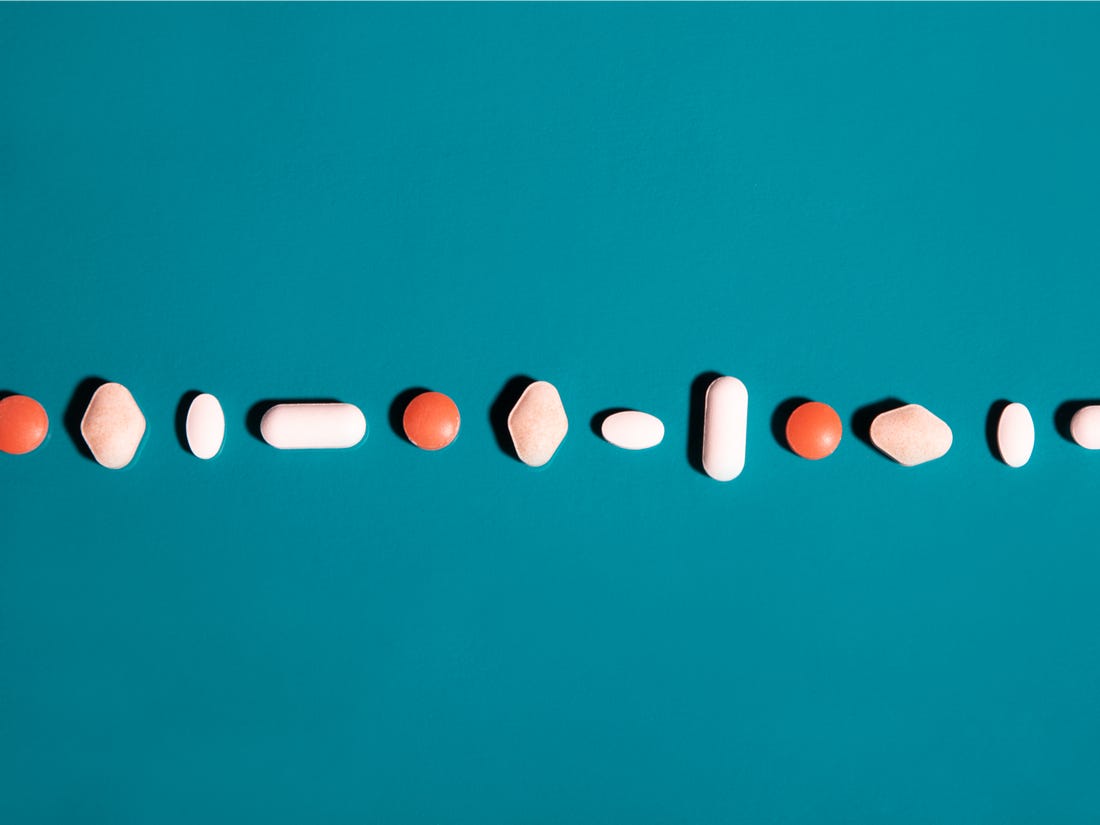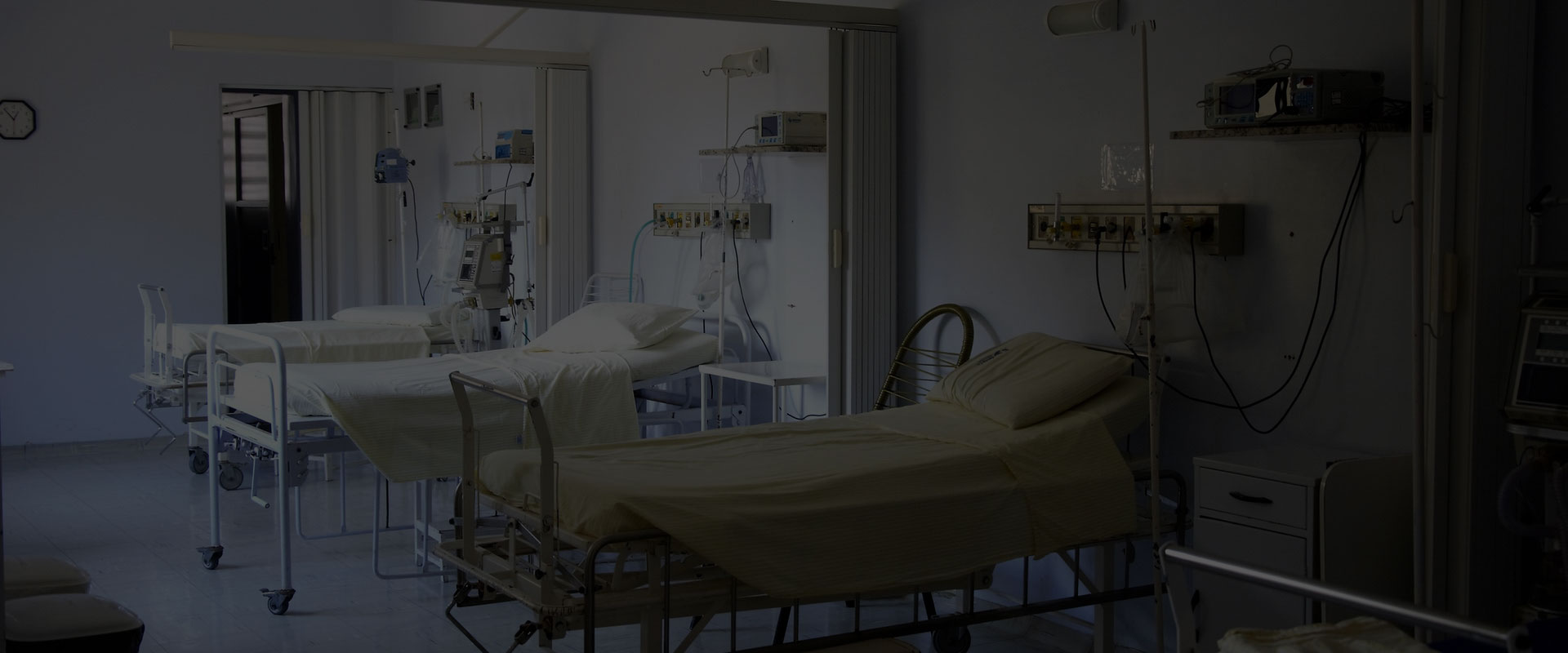
27 Mar Nigeria reports chloroquine poisoning amid coronavirus scare
On the 20th of March, Lagos State Authorities confirmed that hospitals had seen cases of chloroquine poisoning after US President Donald Trump promoted the drug as a treatment against the coronavirus (COVID-19).
During a press conference, Trump said that the antimalarial drug — which was banned from Nigeria in 2005– had been “approved” to treat COVID-19 by the US Food and Drug Administration, only for the head of the agency to push back and say it had not yet been given a definitive green light.
The drug has recently been used to treat coronavirus patients in China and in France, where some researchers said it showed “great promise”, though scientists agree more trial is needed to determine if it really works and is safe.
Health officials in Lagos said that there had already been claims online pushing chloroquine as a treatment and that Trump’s message had seen interest surge.
“In the last few days, we’ve seen a lot of messages going around on social media about chloroquine being a cure for coronavirus and in some parts of Lagos, it was no longer available”, said Ore Awokoya, senior special assistant to the Lagos state governor on health. “But after Donald Trump’s statement it took another dimension, people were massively queuing in front of the pharmacies to buy chloroquine”.
She described the rush to take the drug as “worrying” as people were “self-medicating without any sort of guidance”. So far, Nigeria has recorded 64 confirmed cases of coronavirus infections and one death, but testing has been limited.
Considering the population density, the infrastructure and national health sector struggles, Nigeria falls under the umbrella of countries that are highly vulnerable to the global pandemic.
Health authorities in Lagos warn us to be careful. A few weeks ago, most cases were traced back to people coming from highly affected areas, but on the 19th of March, Lagos State reported cases of “local transmission” of the virus in the city.
Originally appeared in the South China Morning Post


No Comments